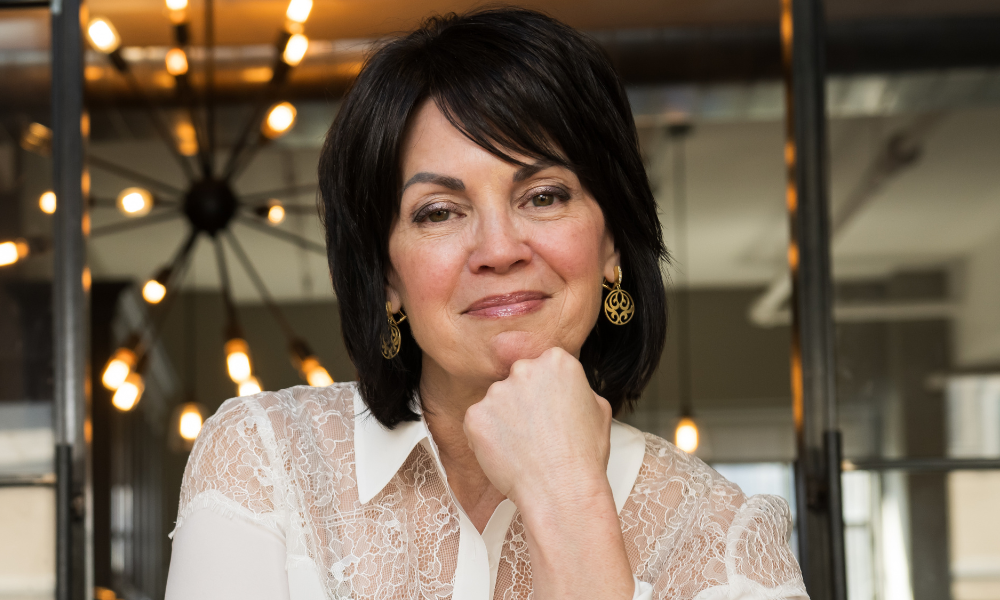

Michelle Begina, financial advisor at Snowden Lane Partners, has spent 25 years navigating the complexities of financial planning for mid- and upper-level corporate executives. What she’s seen is that her clientele, composed of self-made individuals seeking collaboration, often lack the time or inclination to manage their finances independently.
“It’s not that they don’t have the intelligence – they don’t have the time or the inclination, so they truly want a partner,” she says. “We’re not only the people whom clients can come and talk to about their financial situation, but it also opens up a door for them to talk about their feelings. Part of what we’re doing is helping clients to learn how to talk about money.”
Addressing financial literacy, Begina critiques the traditional focus on technical advice – such as saving and investing more – while neglecting the importance of communication about money.
“Quite often, maybe never, is there advice,” reveals Begina. “Have you tried talking about this? I literally think we’re trained not to talk about it. I refer to it as the ‘secrecy bias’ we’re trained into. Money is rude, it’s gauche. Research actually shows we feel pretty comfortable talking about how much we pay for our house, or how much our mortgage is, or how much we spend on a vacation, but we won’t admit our saving as far as retirement goes.”
A unique aspect of Begina’s approach is her integration of financial therapy with wealth management. She envisions the future of financial advising as being not only holistic but also humanistic.
“We need to be therapeutic in addition to technically competent,” she adds. In fact, Begina believes that understanding clients’ emotional relationships with money can significantly affect their financial decisions. This approach led her to pursue a master’s degree in gerontology to better understand the aging process and its impact on financial planning.
Begina’s journey into gerontology began while writing her book, when she realized her target audience was in midlife, experiencing a stage she calls “middlescence” (or, perhaps more evocatively, “middle essence”). This stage, she explains, is marked by changes similar to adolescence, but includes redefining boundaries and relationships, including with money.
“Your biology is changing. You’re trying on new identities in midlife,” she notes.
Her involvement with financial literacy extends beyond her practice. Begina played a significant role in integrating financial psychology into New Jersey’s financial literacy standards.
“I reread the financial literacy standards in the state of New Jersey.... I saw that there was nothing around financial psychology.” And Begina’s advocacy led to the inclusion of financial psychology in the K-12 curriculum, a move she believes will help future generations manage their finances more effectively by addressing the emotional aspects of money.
“There is just a wonderful camaraderie around fellow financial advisors, senior partners at the firm, where we’re not competing against each other. I wanted to be a bigger contributor at large, right in the industry, to the public at large.”

Relationships are key to our business but advisors are often slow to engage in specific activities designed to foster them.

Whichever path you go down, act now while you're still in control.

Pro-bitcoin professionals, however, say the cryptocurrency has ushered in change.

“LPL has evolved significantly over the last decade and still wants to scale up,” says one industry executive.

Survey findings from the Nationwide Retirement Institute offers pearls of planning wisdom from 60- to 65-year-olds, as well as insights into concerns.
Streamline your outreach with Aidentified's AI-driven solutions
This season’s market volatility: Positioning for rate relief, income growth and the AI rebound
